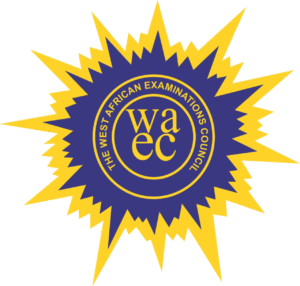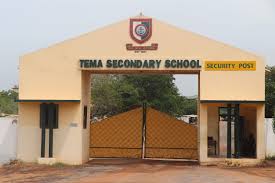GES to Launch 2025 School Placement Portal on September 1, Includes Private Schools in Process

The Ghana Education Service (GES) has announced that its school placement portal will officially open from September 1 to 8, 2025, giving candidates the opportunity to verify and confirm their selected schools ahead of the final placement process.
This new window is part of efforts to enhance transparency, accuracy, and fairness in the placement system, according to Professor Ernest Davis, Director-General of the GES. He made the announcement during a press briefing in Accra on Wednesday.
“For the first time, students will be able to review and confirm their school choices before the final placement is done,” Professor Davis said. “This is a key part of our commitment to ensuring a fair process for all candidates.”
The final placement list is expected to be released on September 17, 2025, and successful candidates are scheduled to report to their respective schools between October 18 and 20, 2025, marking the start of the new academic year.
A Warning Against Fraud and Exploitation
During the media engagement, Professor Davis cautioned parents and guardians against engaging with individuals who claim they can influence school placements in exchange for money. He reminded the public that the placement process is entirely free of charge and any attempt to pay for a slot is both illegal and risky.
“No one should pay a cedi to get their ward placed in a school,” he warned. “The GES and the Ministry of Education are not connected to any such activity. Anyone caught engaging in these acts should be reported immediately to law enforcement.”
Private Schools Officially Join the Placement System
In a major policy shift for 2025, the GES confirmed that private senior high schools have now been incorporated into the national placement system. This means that students can officially select private schools as part of their choices during the placement process.
“Private schools are now included in the database of available institutions,” Professor Davis said. “Candidates can select them either during the regular placement or through the self-placement option.”
This development offers students more flexibility, especially for those who may not be placed in their first-choice public schools. It also marks a significant step toward inclusive education access and a broader range of learning environments for Ghanaian students.
WAEC Result Delays Won’t Disrupt Placement Timeline
The Director-General also addressed concerns over some examination results that have been withheld by the West African Examinations Council (WAEC). He noted that while certain results are still under review, the overall placement timeline will remain unaffected.
“Students with issues should promptly contact WAEC and resolve them within the three-week window,” he stated. “We cannot afford delays, and the process will move forward as scheduled.”
Double-Track System Remains—But Not Indefinitely
On the subject of the double-track system, which was introduced to manage high enrollment numbers in senior high schools, Professor Davis said the policy is still in effect for some schools. However, steps are being taken to gradually phase it out.
“We are working to eliminate double track, but it cannot happen overnight,” he explained. “Some schools will continue with the system this year. By 2028, we expect to have completely transitioned out of it.”
The GES plans to increase infrastructure and classroom capacity in the coming years to accommodate more students without relying on the double-track schedule.
Next Steps for Students and Parents
As the school placement period approaches, GES urges all candidates to stay alert for official updates and avoid relying on unverified sources of information. The Service emphasized that all placement details will be communicated through the GES portal and its official communication channels.
With the inclusion of private schools and a new verification window for students, the 2025 school placement process marks a significant step forward in enhancing equity, choice, and accountability within Ghana’s education system.





